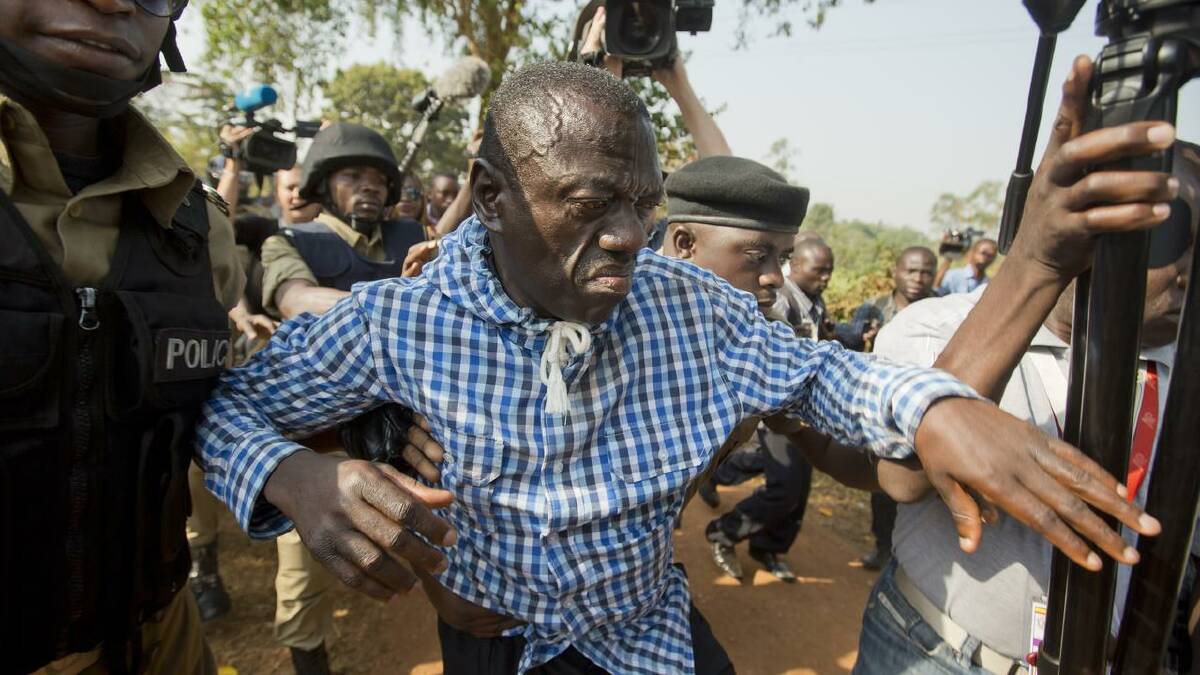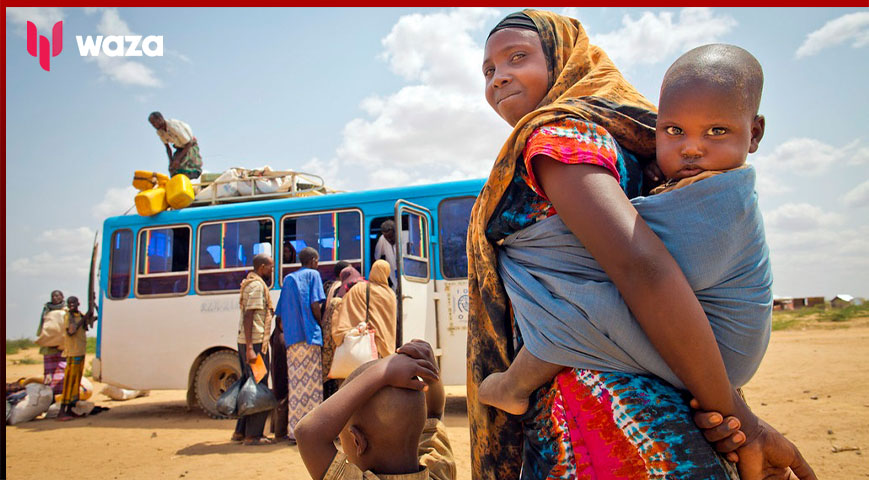Kenya is grappling with an unsettling resurgence of abductions and deportations, targeting both residents and foreigners. This trend tarnishes the reputation of a nation that has long been considered a haven for refugees, with over 800,000 currently residing within its borders.
The alleged abduction and deportation of Ugandan opposition leader Dr. Kizza Besigye from Westlands, Nairobi, to Uganda highlights this growing issue. Despite the Kenyan government's denial of involvement, Besigye's wife, Winnie Byanyima, alleged that he was kidnapped in Nairobi on November 16 and handed over to Ugandan authorities. His charge sheet at Uganda's General Court Martial in Kampala cited offenses allegedly committed in Nairobi.

"Is it safe for opposition politicians in Uganda to seek refuge in Kenya?" questioned Obeid Rutae, Besigye's lawyer, during his trial. The Kenyan government’s denial of responsibility has faced skepticism, given the nature of the charges against Besigye.
Did you read this?
This incident follows a pattern of controversial deportations. Just a month ago, four Turkish nationals—Mustafa Genç, Öztürk Uzun, Alparslan Taşçı, and Hüseyin Yeşilsu—were repatriated at Turkey's request. Their forced return drew sharp criticism from human rights organizations, including Amnesty International, for violating the UN principle of non-refoulement, which prohibits returning individuals to countries where they face danger.
In 2022, Kenya faced global condemnation after Pakistani journalist Arshad Sharif was fatally shot by police in Kajiado County. Allegations suggest Sharif’s death was linked to his critical reporting on the Pakistani government. The Kenyan government was ordered to compensate Sharif’s family with Ksh.10 million for what the court deemed an arbitrary and unconstitutional killing.

The disappearance of Ethiopian national Samson Teklamichael in 2021 adds to the growing list of unresolved abductions. A vocal critic of the Ethiopian government, Teklamichael was reportedly kidnapped in Kileleshwa, Nairobi, and handed over to Ethiopian authorities. Two years later, his family continues to demand answers, holding peaceful protests to mark his abduction anniversary.
This troubling pattern is not new. In 1999, Turkish Kurdish leader Abdullah Öcalan sought refuge in Kenya, only to be swiftly handed over to Turkish authorities. His deportation led to a life sentence in isolation.

These cases reflect a disturbing erosion of Kenya’s commitment to protecting refugees and asylum seekers, raising questions about the safety and sovereignty of those seeking sanctuary within its borders.









